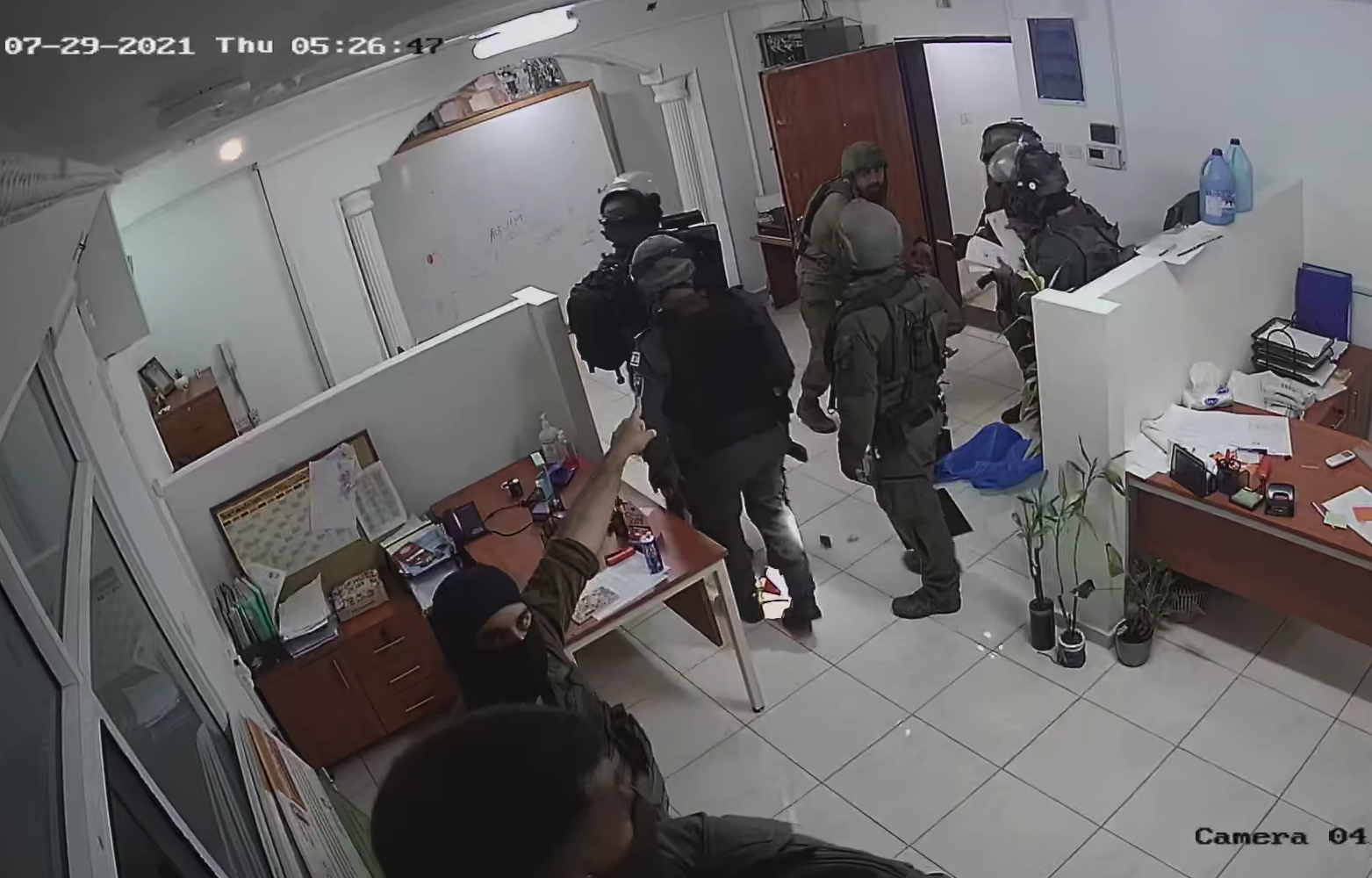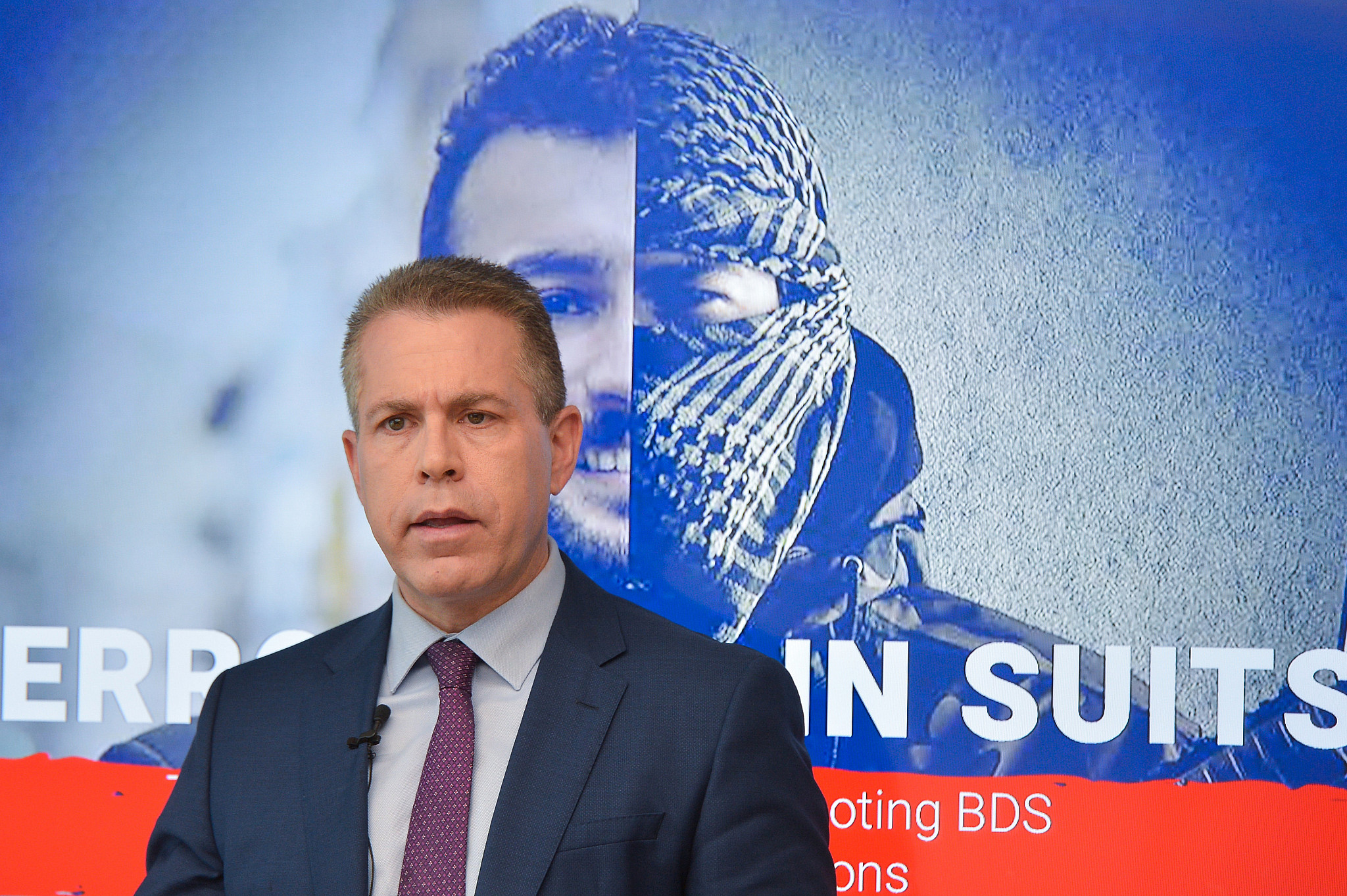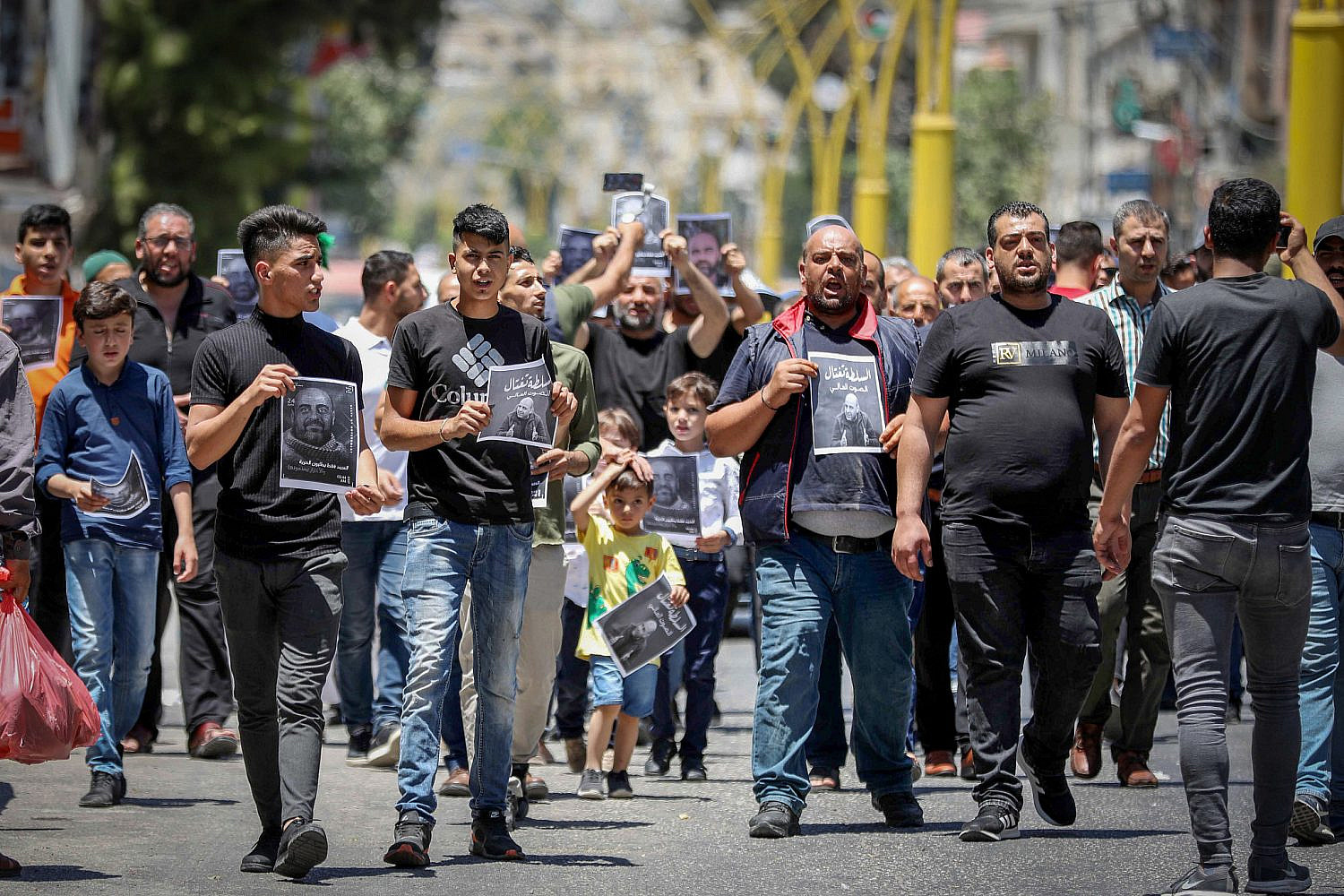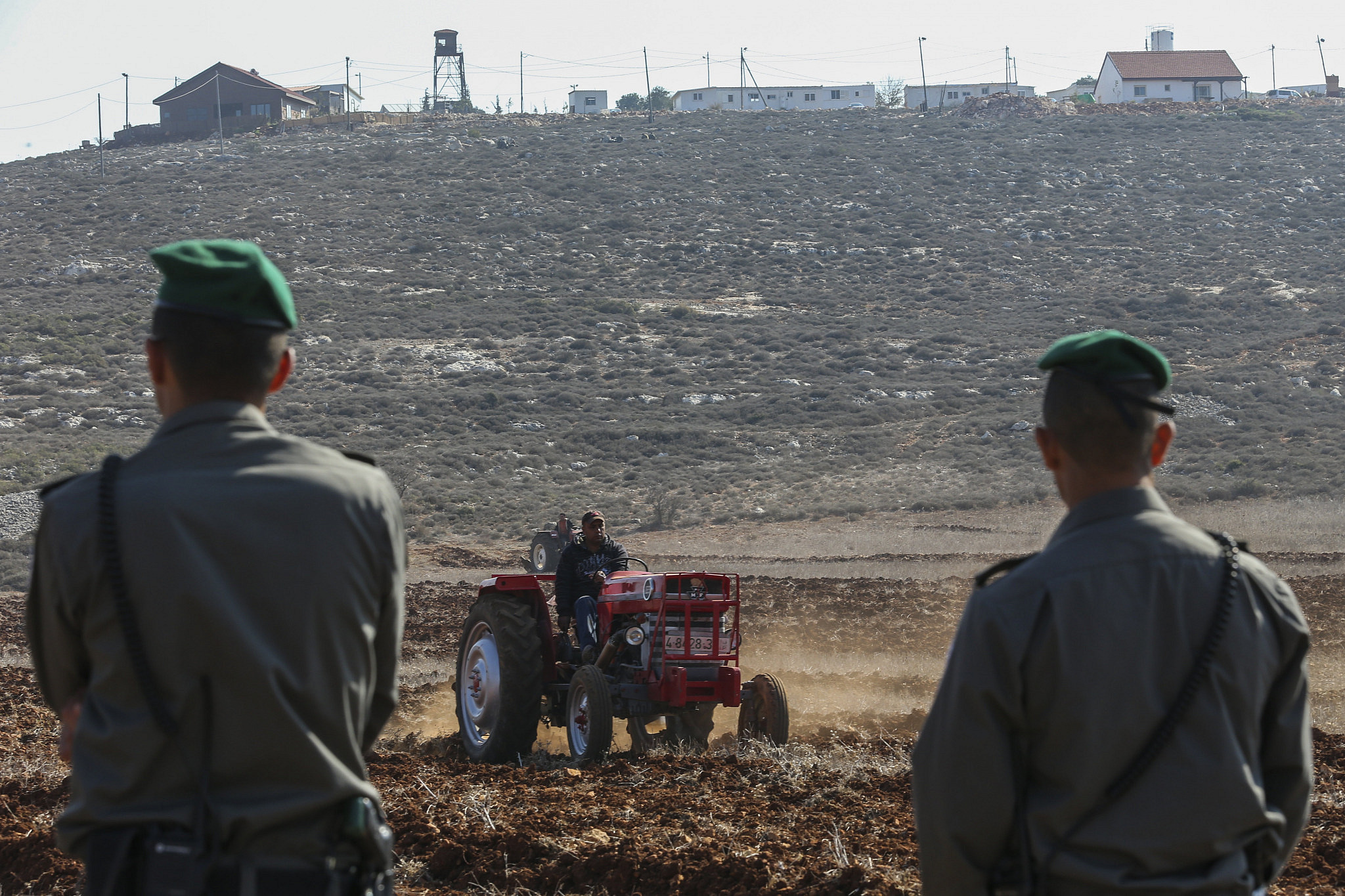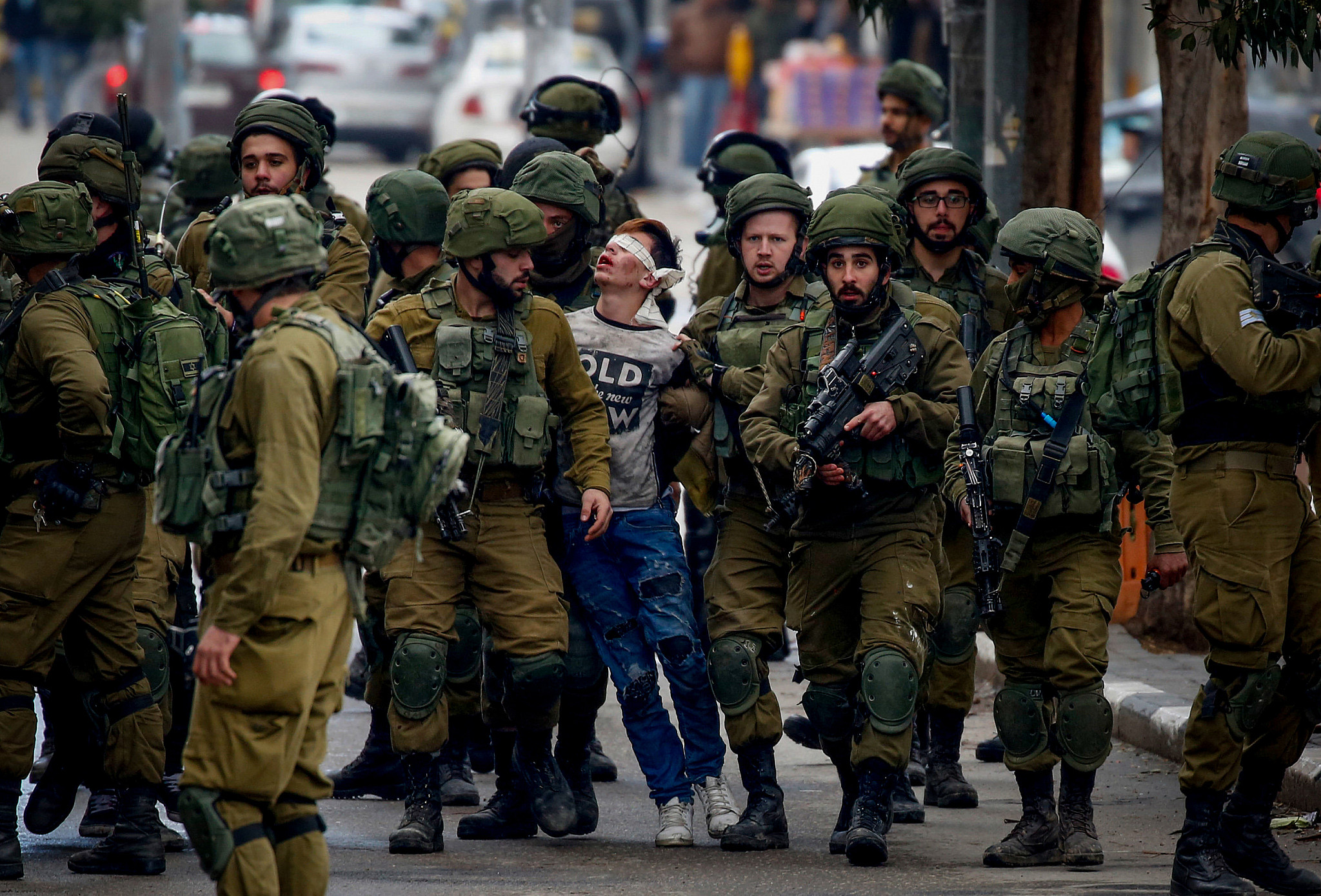A Brief Colonial History Of Ceylon(SriLanka)
Sri Lanka: One Island Two Nations
A Brief Colonial History Of Ceylon(SriLanka)
Sri Lanka: One Island Two Nations
(Full Story)
Search This Blog
Back to 500BC.
==========================
Thiranjala Weerasinghe sj.- One Island Two Nations
?????????????????????????????????????????????????Sunday, October 31, 2021
Palestinian resistance poetry by Mahmoud Darwish
![Late Palestinian poet and journalist Mahmoud Darwish gestures during his show in the northern Israeli city of Haifa, 15 July 2007 [GIL COHEN MAGEN/AFP via Getty Images]](https://i1.wp.com/www.middleeastmonitor.com/wp-content/uploads/2020/06/GettyImages-75428903.jpg?resize=1200%2C800&quality=85&strip=all&zoom=1&ssl=1)
Late Palestinian poet and journalist Mahmoud Darwish gestures during his show in the northern Israeli city of Haifa, 15 July 2007 [GIL COHEN MAGEN/AFP via Getty Images]
Mahmoud Darwish is the most internationally-renowned Palestinian poet and writer, although still little-known in Brazil. He is the author of 30 poetry books and eight prose books, translated into more than 40 languages, and winner of the Cultural Freedom Prize, the Lannan Foundation (US), the Lenin Peace Prize (former the Soviet Union) and was appointed a Knight of the Order of Arts and Letters by France. His works in the 1960s and 1970s reflect his opposition to the occupation of his homeland.
"He was the prince of words, and his name was Mahmoud Darwish," said Lebanese novelist Elias Khoury. Darwish was a poet of enormous sensitivity with a fighting spirit who used poetic phrases such as: "How can a handwrite if it's not creative when making coffee."
In addition to writing the resounding Declaration of Independence for Palestine, proclaimed by the leader of the Palestine Liberation Organisation (PLO) Yasser Arafat, on 15 November 1988, in Algiers, Algeria, he has always taken a firm stance in defending the liberation of Palestine. Therefore, he withdrew from the organisation after the Oslo Accords, signed in 1993, which he called "a give-and-take" between the PLO and Israel. Darwish considered the Oslo Accords to be "the greatest recklessness ever committed by a leader [Arafat] to their people."
OPINION: Imagining Palestine, Barghouti, Darwish, Kanafani and the language of exile
Darwish was born in the Palestinian village of Al-Birwa, Galilee, in 1941, to a Sunni family of small farmers. He was the second of eight siblings. The village where he was born was occupied and razed to the ground by the Zionist occupation forces in the Nakba process in 1948. This led the Darwishes to take refuge in Lebanon for a year, where they began to live as "foreigners". Upon returning, the poet found that his Al-Birwa home had been replaced by a Jewish colony with the new name of "Ahihud".
He was arrested several times between 1961 and 1967 for reciting poetry and travelling between villages in occupied Palestine "without authorisation" by the forces of the "Jewish state". His poem "Identity Card", which was turned into a protest song, resulted in his house arrest order. After these persecutions and arrests, Darwish was forced into exile, which took him to places like Cairo, Tunis, Moscow, Beirut, and Paris, returning only in 1996, when he was authorised by the occupation to attend a funeral.
![Palestinian's culture and heritage is the best weapon against the Occupation - Cartoon [Sabaaneh/MiddleEastMonitor]](https://i1.wp.com/www.middleeastmonitor.com/wp-content/uploads/2019/10/IMG_1527.jpg?resize=933%2C659&quality=85&strip=all&zoom=1&ssl=1)
Palestinian's culture and heritage is the best weapon against the Occupation – Cartoon [Sabaaneh/MiddleEastMonitor]
The expulsion of Palestinians is a recurrent theme in Darwish's work. He portrays the trajectory of anguish, pain, and suffering due to deaths and expulsions since the creation of the "State of Israel" and calls Palestine the "lost paradise" and the "land of divine messages revealed to humanity", as described in Palestine's Declaration of Independence. His work reveals the unbroken and unaltered organic relationship between the Palestinian people, their land, and their history.
The Brazilian audience will be able to become acquainted with this poet of the Palestinian soul with the launching of the book Memória para o esquecimento (Memory for Forgetfulness) (Editora Tabla, 216 pages), published on 22 October 2021. The presentation was made by Safa Jubran, who translated the book into Portuguese, and by Professor Geraldo Campos, a dear friend, coordinator of the Centre for Arab and Islamic Studies at the Federal University of Sergipe. This is one of three works by Darwish available to Brazilian readers, published in Brazil by Editora Tabla.
The book recounts personal memories of 6 August 1982, coincidently, the anniversary of the US terrorist attack on Hiroshima. This was one of 88 days of the siege in which Zionist state jets dropped bombs on Beirut, killing people – a reality Darwish experienced closely during his exile in Lebanon. The book reminisces on the meaning of exile – and not the diaspora – and on the role of a writer in times of crisis and war. His work expresses his love for Palestine and its people, who "have existed and resisted" for over 73 years.
The published books make up for an absence of works by Darwish in Portuguese, such as those published last year: Da Presença da Ausência (In the Presence of Absence), translated directly from Arabic by Marco Calil; and Onze Astros (Eleven Stars), translated by Michel Sleiman. Another book by Darwish published in Brazil is A Terra nos é estreita e outros poemas (The Earth is close to us and other poems) (تضيق بنا الارض), translated from Arabic by Paulo Daniel Farah (Bibliaspa, 2012).
Darwish's work is permeated with the testimony of life and struggle, marked by the suffering in exile and the attempt to uproot the Palestinian people from their land. The author's poems and stories bring an intimate feeling that is the same as that of the Palestinian people, in which resistance, by all means, is the only way to survive and the only way to free Palestine from the Zionist colonial occupation.
BOOK REVIEW: I Don't Want This Poem to End: Early and Late Poems
Darwish has never renounced his status as a resistant Palestinian national poet, making it clear in every line of his work that the suffering of the Palestinians is not just of those who live under occupation or in exile. Such torment belongs to everyone, since the crimes perpetrated daily by the Jewish state are crimes against humanity.
The question present in Darwish's work is one that everyone asks: Why would Palestinians have to recognise the State of Israel in the territory of historical Palestine without defined borders and in permanent expansion, and accept small islands of land as if Palestine were a ministate? The author himself answers this in his poem "Identity Card": "Is the government going to take away the rocks from me, as they told me?" Then he writes at the top of the first page: "I hate no one, no one I steal. But if I am hungry, I will devour the usurper's flesh. Beware! Beware of my hunger, Beware of my anger!"
Israel puts Gaza’s deaf people in extreme danger
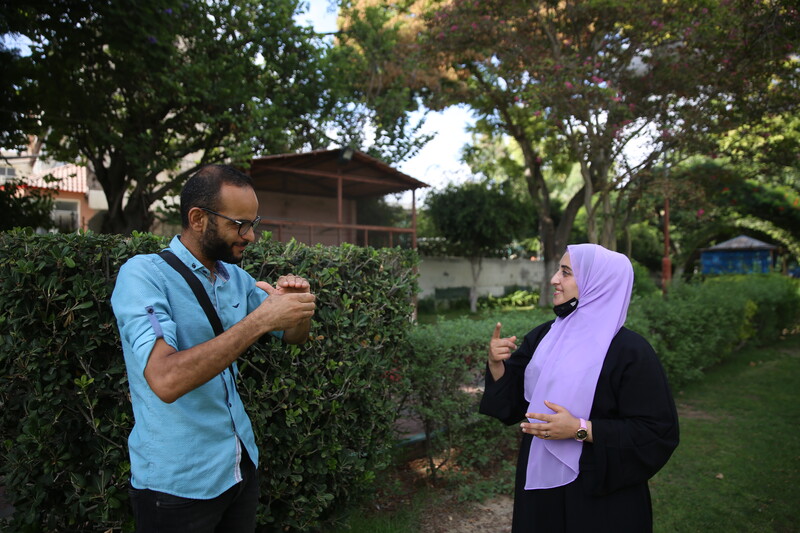
Mahmoud Abu Namous and Hiba Abu Jazar discuss how they survived Israel’s May attack on Gaza.
Abdel Kareem HanaRuwaida Amer -29 October 2021
Mahmoud Abu Namous has just become a father for the first time.
His daughter was born in September following an extremely stressful pregnancy. The worst stress was during the 11 days when Israel carried out a major attack against Gaza in May.
Mahmoud is deaf. His wife Fatma Dhaher had to remind him regularly that he should stay away from windows in their Gaza City home during those dangerous days.
He had to confine himself within those parts of their home where he would be less vulnerable as explosions occurred.
Mahmoud shared Fatma’s fear each time she heard a blast. “I could sense it from her facial expressions,” he said.
The attack brought back painful memories. Mahmoud and his family were uprooted from their home during a previous Israeli offensive in the summer of 2014.
Mahmoud was preparing for his high school exams at that time. He recalls being “so frustrated and tired” that his mother’s warning to leave their home immediately barely registered with him.
The family’s home was destroyed after they evacuated it.
Lacking adequate support, some deaf people went to considerable lengths to be properly informed about what was happening in May of this year. TV stations generally did not show sign language interpreters on screen during news programs.
“Afraid and anxious”
Mahmoud tried to fill the gap by gathering what information he could find and making sign language videos of his own. He posted those videos on Instagram, so that other deaf people in Gaza could watch them.
Both Saadia Miqdad and her husband Izz al-Den are deaf. During the May attack “I felt that I was in terrible danger whenever the house shook,” Saadia said. “But I did not know where the bombs were landing.”
Saadia lives in Gaza City but has family in the Khan Younis area of southern Gaza. “They understand sign language, so I could communicate with them by video during the attack,” she said. “But the connection was unreliable because of electricity cuts and because we only had internet access some of the time.”
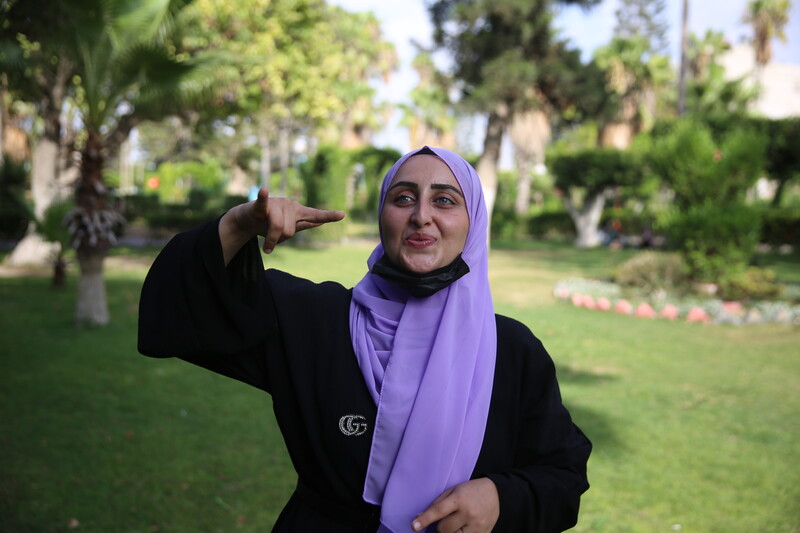
Hiba Abu Jazar’s family kept telling her to be careful as Israel bombed Gaza.
Abdel Kareem HanaHiba Abu Jazar is a deaf community activist living in Rafah, near Gaza’s border with Egypt. She recalled how members of her family were “constantly telling us to be careful” during the May attack.
“When there was shelling near my house, we were able to escape to my uncle’s place because it was safer,” she said. “I was very afraid because I could not hear what was happening.”
In the early stages of the attack, she and her sisters viewed photos and videos of atrocities on the internet.
“That made us feel even more afraid and anxious,” she said. “So we decided to stay away from the news. It was only a temporary solution, but it gave us a bit more courage to keep going.”
Marginalized
The Atfaluna Society for Deaf Children in Gaza City conducted a survey of 102 people shortly after a ceasefire brought an end to Israel’s bombardment in May. More than 84 percent of those surveyed had a disability.
More than 38 percent of respondents replied that their homes were slightly damaged. Another eight percent stated that the damage to their homes was severe.
Almost 19 percent replied that their movements were curtailed during the attack and they could not fulfill their basic needs as a result.
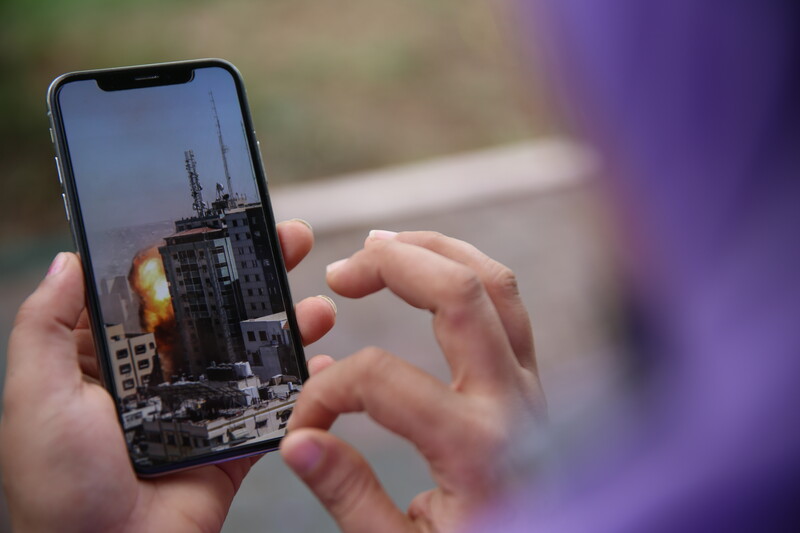
Images of destruction made deaf people feel anxious.
Abdel Kareem HannaUmayma Helles, a sign language teacher, spent most of the 11 days during which Gaza was attacked trying to provide deaf people with emotional support.
Deaf people, she explained, “constantly feel that they are marginalized by society.” That sense of marginalization exacerbated the fears of many deaf people in May.
“Most of the deaf people in Gaza are unemployed,” Helles added. “There are many jobs they could do but because they are deaf, they are rarely accepted. This is not good. It makes them feel frustrated and lose hope.”
An additional problem is that deaf people have in many cases not received counseling since the attack. “Psychologists and social workers must learn sign language so that they can run support sessions for people with hearing disabilities,” Helles said.
Nagla Muhammad is a mother of six children living in Khan Younis. As Naglaa is deaf, she relied on her 11-year-old daughter Shams to explain in sign language what was happening during the May offensive.
“It was very difficult because my children were screaming from the sounds of the missiles,” Nagla said. “I tried to stay beside them all the time, to hug and hold them. I often sat crying in fear. But my husband always reassured me that the attack would end and we would survive.”
Ruwaida Amer is a journalist based in Gaza.
‘They targeted us for one reason: We’re succeeding in changing the paradigm’
After being outlawed as 'terrorist organizations' overnight, Palestinian human rights groups talk to +972 about why Israel's allegations are not just unfounded, but amount to an act of political persecution.
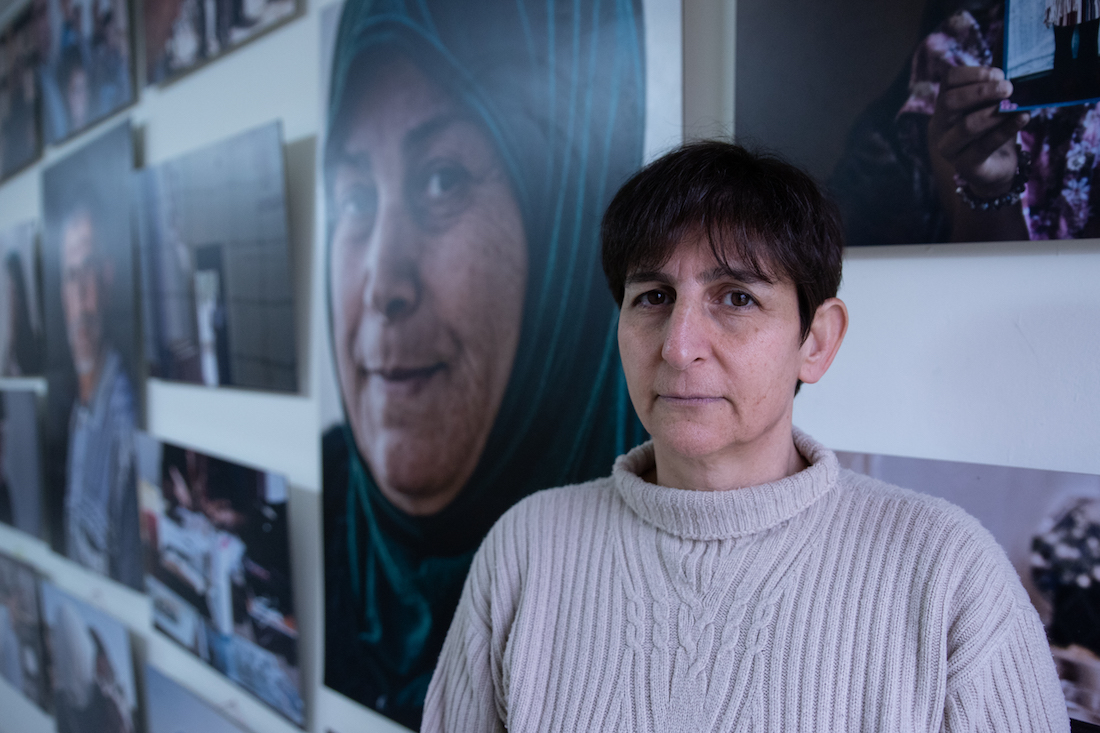
Sahar Francis, Director of Addameer, seen at the organization’s offices in Ramallah, the West Bank on February 19, 2019. (Photo: Mohannad Darabee for +972 Magazine)
When Israeli Defense Minister Benny Gantz signed an executive order last week declaring six Palestinian human rights groups as “terrorist organizations,” the government did not even bother with putting on a facade of due process. With the swift stroke of a pen, the NGOs — Al-Haq, Addameer, Bisan Center, Defense for Children International-Palestine, the Union for Agricultural Work Committees, and the Union of Palestinian Women’s Committees — were instantly outlawed with neither a trial nor the opportunity to respond to the accusations against them.
Yet rather than question the dubious nature of this move, the vast majority of Israeli media outlets simply cribbed the Defense Ministry’s official statement on the matter, which accused the six organizations of serving as “arms” of the Popular Front for the Liberation of Palestine (PFLP) — a secular, Marxist-Leninist party and movement deemed a terrorist group by Israel.
The government claimed that the NGOs whitewashed funds intended for humanitarian reasons and transferred them for military purposes instead, further accusing the organizations’ employees of belonging, either in the past or present, to the PFLP. Right-wing Israeli groups, too, have for years tried to draw connections between these organizations and the PFLP in an effort to cut off their funding abroad.
The Defense Ministry’s decision was based on intelligence gathered by the Shin Bet, which it has not revealed to the public. But according to sources with knowledge of the legal case, the agency’s evidence is reportedly based on the testimony of a sole employee who was terminated from one of the organizations for corruption.
Evidence that contradicts the Shin Bet’s account, however, exists in spades. Over the past five years, under pressure from the Israeli government and pro-Israel NGOs, multiple European governments and private foundations that provide funding to Palestinian civil society have conducted extensive audits of each of the six organizations. None found any evidence of foul play.
 |
Employees at Addameer seen following a raid by Israeli forces on their office, Ramallah, West Bank, December 11, 2012. (Issam Rimawi/Flash90)
Moreover, the targeted organizations themselves paint an entirely different picture from the allegations meted out by the Shin Bet — with much evidence to back them up.
I spoke to the heads or senior members of five of the NGOs, all of whom are prominent activists, lawyers, and thinkers who harshly criticize both the Israeli regime and the Palestinian Authority [the Union of Palestinian Women’s Committees declined to speak to Local Call, +972’s Hebrew sister site, where a version of this article was first published]. Vehemently rejecting Israel’s accusations, they describe these latest attacks as part of Israel’s years-long political persecution of Palestinian civil society in order to silence their work.
‘We have nothing to hide’
“We are the only human rights group that focuses on children in Palestine,” said Ayed Abu Eqtaish, the Accountability Program Director at Defense for Children International-Palestine, which was founded in 1991.
“Our job is twofold,” he explained. “The first is legal: we represent around 200 children a year in Israeli and Palestinian courts. The second is policy-based: since 2000, we have documented the killing of over 2,200 Palestinian children at the hands of Israeli military forces, particularly in Gaza.”
The Defense Ministry briefing that was distributed to journalists following Gantz’s announcement did not specify the specific reason for labeling DCI-Palestine, a highly-respected organization that is active in the UN committees and on Capitol Hill, as a “terrorist organization.”
“We have been attacked in the past, but it has happened through right-wing groups such as the NGO Monitor,” Abu Eqtaish added, referring to the organization that tracks the activities of Palestinian and left-wing civil society organizations that criticize Israeli policy in order to drain them of financial resources. NGO Monitor claims that DCI-Palestine “leads the campaign exploiting children to promote demonization of Israel, and is linked to the PFLP terror group. Many of its allegations are false and part of attempts to smear Israel with allegations of ‘war crimes’ and promote BDS.”
CCTV footage of Israeli soldiers confiscating computer equipment and client files during a raid on the offices of Defense for Children International – Palestine, Al-Bireh, West Bank, July 29, 2021. (DCI-P)
Abu Eqtaish calls the accusations against DCI-Palestine “absurd,” emphasizing there is no proof his group funds the PFLP. “Israel and right-wing organizations have approached all the governments and foundations that fund us to challenge our legitimacy as an organization. Instead of worrying about exposing the violations of the occupation against children, we’ve had to defend ourselves.”
According to Abu Eqtaish, all the bodies that fund DCI-Palestine — including the governments of Italy and Denmark, as well as the European Union — have conducted independent investigations regarding Israeli claims in the past. “They asked us for proof that the allegations were baseless, and we provided it to them. We have nothing to hide. All our financial reports are public.”
A British court also found the allegations to be false. In 2020, the court ordered UK Lawyers for Israel, an organization that operates in a similar manner to NGO Monitor, to retract its claim that DCI-Palestine supported the PFLP or transferred funds to it. The court also required UK Lawyers for Israel to publicly declare that DCI-Palestine does not have “close current links, or provides any financial or material support to any terrorist organisation.”
“They were unable to reach their goals using this strategy, which is why they moved on to another one,” Abu Eqtaish said. “In July, army forces raided our organization’s offices in Ramallah and confiscated computers and legal files pertaining to children. We turned to the military court to demand the files be returned. The court refused.”
He concluded: “Right now, we in the organization are trying to understand what next steps we should take. We know these allegations have no basis. The attack on the organization is mainly an attack on its purpose: exposing the crimes of the occupation against children, and calling on the international community to punish Israel for them.”
‘Everyone knows where every single shekel goes’
Established in 1979, Al-Haq is the oldest and largest Palestinian human rights and advocacy NGO in the occupied territories. According to Hisham Sharbati, a field worker for Al-Haq who has worked with the organization for 12 years, the reason for Israel’s recent designation is entirely political.
“Al-Haq has a large role in providing information against Israel to the International Criminal Court in The Hague,” he explained. “Due to our activities, many in the world are clearly calling Israel an ‘apartheid state.’ This is why we are being persecuted.”
Sharbati mentioned that Gantz had met with PA President Mahmoud Abbas in Ramallah earlier this month and that they spoke about “building trust.” “What kind of trust-building is there when [Gantz] attacks civil society organizations in this way? This move seeks to deprive the Palestinian people of one of the most important organizations they have to defend their rights against the occupation and against the Palestinian Authority.”
The Israeli Defense Ministry’s statement, and even the slightly more detailed document that was later sent to reporters, made no reference to Al-Haq despite it being the largest of the six organizations. It is still not at all clear on what basis Al-Haq has been outlawed.
The allegations against Al-Haq may have derived from another source. In 2015, as international pressure against Israel mounted, the government allocated tens of millions of shekels to the now-defunct Ministry of Strategic Affairs to lead a “campaign against the effects of delegitimization and boycotts against Israel,” with Gilad Erdan, who is now Israel’s U.S. ambassador, appointed as the head of the body.
Minister of Interior Security Gilad Erdan speaks during an international press conference, Bnei Brak, February 3, 2019. (Flash90)
One of the ministry’s central activities was to label Palestinian civil society groups as affiliated with terrorists in order to pressure European governments to cut their funding. According to official reports published by the ministry, the six organizations blacklisted last week were a major target.
The Strategic Affairs Ministry published reports with titles such as “Terrorists in Suits,” “Blood Money,” and “Network of Hate,” echoing the messaging of various right-wing groups. NGO Monitor in particular has accused Al-Haq’s general director, Shawan Jabarin, of being active in the PFLP. And yet, the ministry still failed to provide any evidence to prove the NGO’s ties to violence.
“I’ve been with the organization for 12 years, and not a single person from Al-Haq has been arrested during this period,” Sharbati said. “Our work is entirely legal and transparent. Our funders receive detailed reports. We are under tight oversight, and everyone knows where every single shekel goes.”
Regarding the allegations that some of the organization’s operatives were members of the PFLP, Sharbati said: “If someone was active with the PFLP, sat in prison, and was released a few months later — then what? Does this mean they should not work anywhere? If someone has done something illegal, arrest them. But there is no evidence of wrongdoing.”
‘Absolutely manipulative’
The Bisan Center is a small, left-leaning Palestinian research center. It is staffed by eight academics and is headed by Ubai Aboudi, who writes about economics and sociology.
“We were founded in 1986 by a group of scholars and scientists,” explained Aboudi. “We support the rights of marginalized communities, apply pressure against global warming, promote gender equality, and oppose Israel’s occupation policies.”
Aboudi has been detained twice in the last two years: once by Israel, and again by the Palestinian Authority. During his first arrest in late 2019, Israel’s military court accused him of membership in the PFLP. “They had no proof, and the judge determined that there were evidentiary issues,” he remarked.
However, Aboudi eventually agreed to a plea bargain and was locked up for four months (Israel’s military courts, which operate as an integral arm of Israel’s control over Palestinians under occupation, has between a 95 to 99 percent conviction rate, according to various human rights groups).
“I have no ties to the PFLP, but I’m a father, and I wanted to return to my three children as soon as possible — so I took the deal,” he explained. At the time, Aboudi’s administrative detention sparked an international campaign, and about a thousand scientists and scholars signed a petition for his release.
This year, Aboudi was arrested twice by the PA, after protesting the killing of Nizar Banat, an activist and government critic, who was beaten to death in June under the custody of Palestinian security forces.
Palestinians take part in a protest over the killing of activist Nizar Banat, in the West Bank city of Hebron, July 2, 2021. (Wisam Hashlamoun/Flash90)
A month later, the Israeli army raided Bisan Center’s offices in Ramallah and confiscated their computers. According to the Defense Ministry’s press release, Bisan was declared a “terrorist organization” because PFLP members held meetings in its offices. Furthermore, the statement claimed, the center’s previous director, I’tiraf Rimawi, was a member of the armed wing of the PFLP. Rimawi was convicted to three and a half years in prison for membership in the student extension of the PFLP — when he wasn’t an employee of Bisan Center.
“This [Israeli] perspective is absolutely manipulative,” said Aboudi. “How can an entire organization be responsible for the actions that one person allegedly committed outside of work? If a person works for a bank in the United States, and breaks the law, do you then shut down the bank?”
Regarding the use of Bisan’s offices for PFLP meetings, Aboudi said: “Our office does not serve any purpose that isn’t related to our research. It was never used by armed forces, and the center has no connection to any violent actions. Read our research, our worldview is based on equality and social justice.”
Like the other organizations, Aboudi said that Israel’s claim that the groups acted as a “lifeline” and as fundraisers for the PFLP was a complete fabrication, and that “the center’s budget is open and transparent for all.”
In May, Aboudi noted, Israel invited representatives from foreign embassies and demanded that they stop their funding to Palestinian human rights groups. As a result, the Belgian government conducted an audit of the funding it provides to Bisan, and it determined that there is no basis for the government’s accusations. “All our funding, about NIS 800,000 a year, goes toward research and salary payments,” he said.
As with the other organizations, Bisan’s employees are now worried that, following Israel’s declaration, funders around the world will hesitate to support the center, and that it will collapse financially. “This was always [Prime Minister] Naftali Bennett’s and [Interior Minister] Ayelet Shaked’s main struggle: to persecute Palestinian human rights organizations,” Argued Aboudi. “Their relations with far-right settler groups, such as NGO Monitor and Regavim, are deep. They have been thinking for years to outlaw Palestinian human rights organizations. Now they were presented with the opportunity to do so, and they took it.”
‘The occupation is the source of the violence’
The Union of Agricultural Work Committees was established in 1986. Among other areas of work, it assists Palestinian farmers in cultivating their land in Area C — the two-thirds of the West Bank which is under full Israeli control, where Israeli settlements are built and expanded, and where Israel systematically prevents Palestinian development. This work, according to UAWC’s director Fuad Abu Seif, is the reason they were outlawed.
“Israel wants to annex Area C,” he said. “Our work strengthens Palestinian presence there, in an area it’s not wanted. This is why they’ve been going after us for years.”
Abu Seif continued: “Regavim [a right-wing Israeli organization] has been inciting against us daily, because we help Palestinian farmers cultivate about 3,000 dunams of land a year, and open agricultural paths that connect between Areas A, B, and C. All our work is done on private land, to help the farmers. Israel prevents them from developing their land for political reasons, to expel them.”
Israel accused two former UAWC employees of involvement in the murder of Rina Shenrab, a 17-year-old Israeli, in the West Bank in August 2019. The Defense Ministry cited the teen’s murder as the reason for the union’s designation as a “terrorist organization.”
Israeli border police officers stand guard as Palestinian farmers use tractors to work the land in the village of Kusra in the West Bank, Nov. 19, 2013. (Nati Shohat/Flash90)
“They were two individuals out of an organization of 120 employees, an organization that thousands have worked in over the years,” said Abu Saif regarding the allegations. “It’s not that the organization decided to act this way. As an organization, we reject violence, and say that the occupation is the source of the violence.”
For years, according to Abu Saif, Israel has been looking for security reasons to use as an excuse for shutting down various Palestinian organizations that operate in Area C.
In late 2020, the Knesset’s Foreign Affairs and Defense Committee met to discuss the government’s struggle against these organizations. At the meeting, MK Zvi Hauser noted that the discussion was “a national interest of the first degree,” because “it is what will determine the state’s future borders.”
“It is not just a struggle over land and enforcement, but also a diplomatic struggle,” Ghassan Alyan, the former head of the Civil Administration — the arm of Israel’s military government that rules the occupied territories — said at the committee meeting. Alyan added that when Bennett was Defense Minister in 2020, he met with ambassadors and attachés from European countries and demanded that they halt their funding to Palestinian organizations that operate in Area C.
“We warned everyone: we will not tolerate any international project without Israeli approval… and we managed to decrease the number of projects over the last two years,” Alyan said at the meeting. “There were about 12 projects in 2019, when in 2015 there were approximately 75 conducted projects.”
“Israel is attempting to distort these organizations’ reputation with our funders,” said Abu Saif. “If the Europeans end their funding, all these groups will disappear. And it’s working.
“They are focusing on two types of organizations: ones that act at the international level, like Al-Haq, and those that operate in Area C, like us,” Abu Saif added. “This didn’t start two days ago — it has been going on for years.”
In the early morning of July 7, Israeli forces broke into UAWC’s offices and shut them down. Abu Saif arrived that morning to find that the computers were confiscated and the doors were sealed. A closure order was also attached to the doors, issued by the Israeli military governor.
“You have to understand, our organization only deals with agriculture. Most of us are engineers. I, too, am an engineer. Will Israel now arrest us all? This organization has existed for 35 years,” said Abu Seif.
Still, the declaration of six veteran organizations as “terrorists” is unprecedented, said Abu Saif. “It has been made possible only because of the new government,” he argued. “As bad as Netanyahu was, he did not go for such a drastic move. In my assessment, he was more cautious. The settler lobby and Regavim can apply pressure more easily on the current government, which is much more extreme.”
‘The roots of this attack’
Sahar Francis heads Addameer, which provides legal support to Palestinian prisoners and detainees locked up in Israeli and PA prisons. “Most of the work our organization does is with Israeli authorities,” said Francis. “I’m waiting to see what they will tell our lawyers in the military courts.”
Francis continued: “This is a political decision, which stems from the incessant persecution against us. How can one publish such a statement in the press without hearing what these organizations have to say? Without a trial or the right to a hearing?”
According to Francis, the government’s decision is part of a broad, long-term move against Palestinian civil society. “It started with attacks from right-wing organizations such as NGO Monitor, who were in direct communication with the Israeli government,” she explained. “Later, in 2015, Gilad Erdan’s Ministry of Strategic Affairs was launched, and they tried to dry up our funding without end.”
According to the Defense Ministry’s press release, Addameer was designated as a “terrorist organization” because it was formed by senior members of the PFLP to deal with political prisoners and their families. Yet Addamer was established in 1991, which, if the allegation was even true, would make Israel’s recent designation 30 years late.
Israeli soldiers arrest a Palestinian youth during a protest against Donald Trump’s recognition of Jerusalem as Israel’s capital, Hebron, West Bank, December 7, 2017. (Wisam Hashlamoun/Flash90)
The ministry’s statement also claimed that meetings with senior PFLP members were conducted at Addameer’s offices, and that the organization delivers messages to prisoners on behalf of the PFLP. However, no further explanation was provided.
“These allegations are simply false,” Francis said in response. “The organization does not belong to the PFLP. We only deal with legal representation, and lobby on the local and international level. We have been targeted for years, for one reason: we’re succeeding in changing the paradigm around the world by speaking of apartheid, and not only occupation, and we are providing materials to The Hague.
“We must go back to the roots of this attack,” she emphasized. “Since the start of the occupation, Israel has been acting against civil society organizations. It announced labor and student unions as illegal. During the Second Intifada, there was a massive attack on charities under the claim that they’re associated with Hamas. I think we made a mistake then, for not taking it seriously enough. The Palestinian Authority was happy at the time, because it promoted its interests — hurting those who oppose it.
“Our message, along with the other organizations, is that we will not stop working. We will not stop providing services to those who need us. We refuse to fall silent on the occupation’s apartheid rule.”
How Does the COVID Delta Variant Compare?
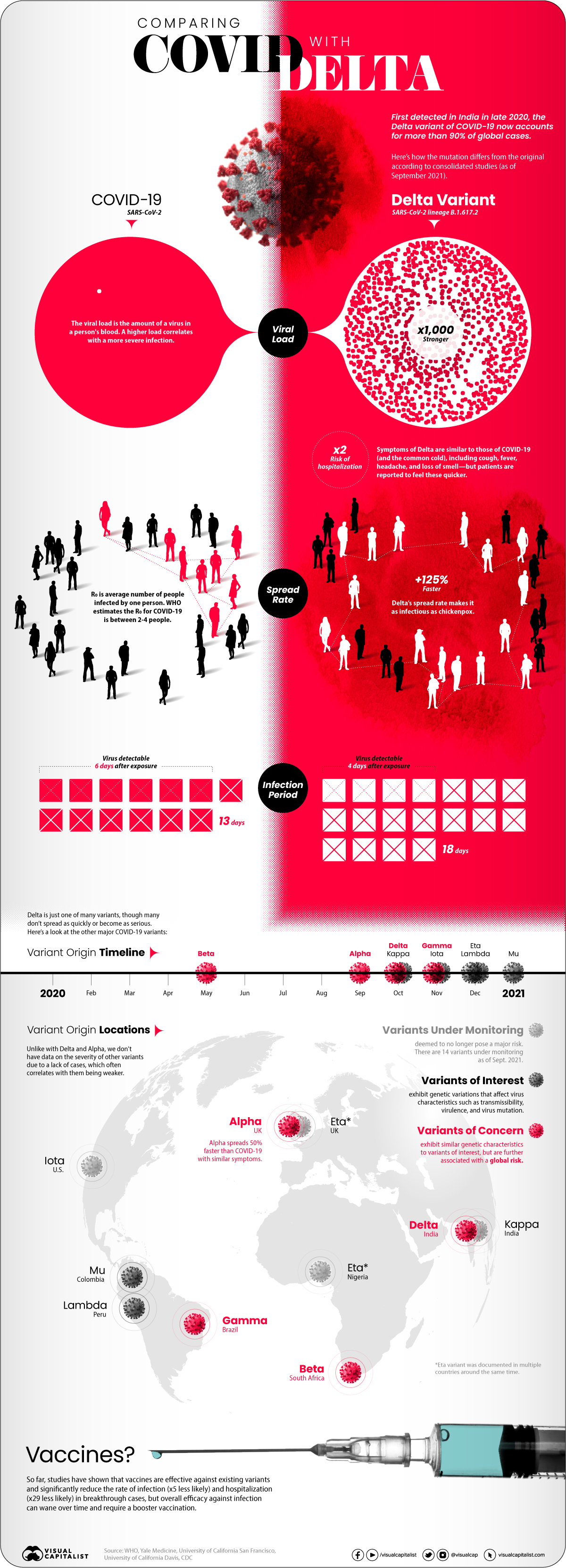
How Does the COVID Delta Variant Compare?
In late 2020, a variant of COVID-19 was detected in India that began to quickly spread.
Soon after it received the label “Delta,” it started to become the predominant strain of COVID-19 in countries of transmission. It spread faster than both the original disease and other variants, including “Alpha” that had taken hold in the UK.Now the COVID-19 pandemic has essentially become the Delta pandemic, as the variant accounts for more than 90% of global cases.
But how does the COVID-19 Delta variant differ from the original disease? We consolidated studies as of September 2021 to highlight key differences between COVID-19 and the dominant variant. Sources include the CDC, Yale Medicine, and the University of California.
COVID-19 vs COVID-19 Delta Variant
At first glance, infections caused by the Delta variant are similar to the original COVID-19 disease. Symptoms reported from patients include cough, fever, headache, and a loss of smell.
But studies showed that the difference was in how quickly and severely patients got sick:
- Spread rate: How quickly the infection spreads in a community (based on the R0 or basic reproductive number). The Delta variant spread 125% faster than the original disease, making it potentially as infectious as chickenpox.
- Viral load: How much of a virus is detectable in an infected person’s blood, with higher loads correlating with more severe infections. Delta infections had a 1000x higher viral load.
- Virus detectable: How long after exposure a virus is detectable in an infected person’s blood. Delta infections were found to be detectable four days after exposure, faster than the original disease (six days).
- Infectious period: How long an infected person has the capability to pass on the virus to other people, from the first time they were exposed. Delta infections were contagious for longer than traditional COVID-19 infections, at 18 days compared to 13 days.
- Risk of hospitalization: How much more or less likely is an infection going to require hospitalization for treatment? Infections caused by the Delta variant were twice as likely to cause hospitalization compared to the original disease.
One other important finding from studies was that the existing COVID-19 vaccines helped against Delta infections.
The CDC found that approved vaccines reduced the rate of infection by 5x and the rate of hospitalization by 29x in a breakthrough case. They also found that overall efficacy against infection can wane over time, however, and at-risk people might require a booster vaccine.
What About Other COVID-19 Variants?
Delta is just one of many COVID-19 variants tracked by health officials, but it’s the one we know the most about.
That’s because reliable statistics and information on diseases requires thousands of cases for comparisons. We know a lot about Delta (and the once-dominant UK strain Alpha) because of how widespread they became, but there haven’t been enough cases of other variants to reliably assess differences.
As of September 2021, WHO was tracking 20 COVID-19 variants around the world with different classifications based on potential severity:
- 14 Variants under monitoring (VUM): Variants that are deemed to not pose a major global health risk, or no longer pose one.
- 2 Variants of Interest (VOI): Variants that affect transmissibility, virulence, mutation, and other virus characteristics, and are spreading in clusters.
- 4 Variants of Concern (VOC): Have similar characteristics to VOI but are further associated with a global risk.
Most of the current variants of interest and concern were first identified and labeled in late 2020, though 2021 variants are showing up as well.
| Label | Designation | Documented Origin | Earliest Identified Date |
|---|---|---|---|
| Alpha | Variant of Concern | UK | September 2020 |
| Beta | Variant of Concern | South Africa | May 2020 |
| Gamma | Variant of Concern | Brazil | November 2020 |
| Delta | Variant of Concern | India | October 2020 |
| Lambda | Variant of Interest | Peru | December 2020 |
| Mu | Variant of Interest | Colombia | January 2021 |
Should you be worried about all of these variants? For the most part, a lack of cases to provide clear information also reflects that they’re equivalent to or weaker than traditional COVID-19 infections.
But it’s important to note that our understanding of diseases and variants becomes more nuanced and accurate over time. As research continues over a longer timeline and over a wider database of cases, expect information on COVID-19 variants (and any disease) to become more concrete.
The Impact of COVID-19 on Peace and Poverty in Asia
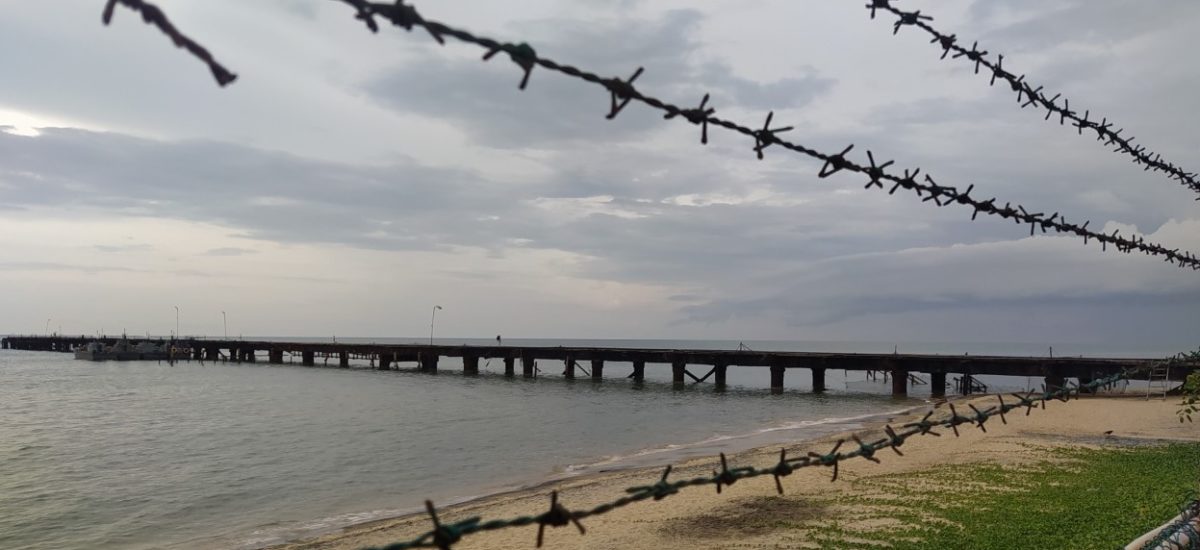
Photo courtesy of Centre for Poverty Analysis
MINURI PERERA-10/29/2021
The 2030 agenda for sustainable development encompasses a transformational vision for a world free of poverty and hunger through its 17 Sustainable Development Goals (SDGs) and 169 targets. Conflict, weak institutions, and limited access to justice remain key challenges to achieving this. SDG 16 promoting just, peaceful, and inclusive societies was established to expedite its achievement. These goals were envisioned to be indivisible: what happen in one will affect others. As there are less than 10 years left to achieve SDGs, Southern Voice, UNDP Oslo Governance Centre, and the Centre for Poverty Analysis (CEPA) hosted a series of virtual roundtable discussions to review the progress of SDG 16 in the context of the COVID-19 pandemic in South Asia and South East Asia. Here are a few points from one of the consultations ahead of a policy brief titled “Reversing the Inequalities in Power Distribution: Findings and Recommendations from Asia”.
Time for economic justice
Despite being a critical foundational component for reducing poverty and reducing all forms discrimination, Asia has witnessed a sharp decline in all measurable indicators of SDG 16 (i.e. that which can be measured with adequate data available). Particularly against the backdrop of COVID-19 and resultant lockdowns, institutions that govern democracy have eroded, all types of violence against women and girls have amplified and access to justice has reduced. As a region afflicted by democratic backsliding even before the pandemic, COVID-19 has resulted in further decline in the achievements reached by the region so far. This then has spill over effects on other goals.
The pandemic has compounded pre-existing fiscal weaknesses, which has resulted in a “rise of poverty, inequality, and poor nutrition that is visible throughout the South Asian region,” says Avani Kapur, an expert in public financial management, participating in the roundtable. Many countries across the region have experienced declining GDP growth that has disproportionately affected vulnerable communities such as women, the poor, migrant workers and indigenous people. The economic impact of the pandemic has pushed those living in poverty and living in the margins of poverty further below the poverty line, necessitating the need to revisit conceptual understanding of transitional justice to include economic justice.
The impact of health sector deficiencies
The inadequate financing and deficient allocation of funds in the health service sector is a key issue surfaced by the pandemic. “The COVID-19 pandemic has exposed the cracks in society as inequality is magnified and weaknesses in institutions that are under-funded and under-supported are highlighted,” says Jyostna Mohan, whose expertise is in civil society, governance and accountability. Gaps in data available on health care infrastructure and the availability of medicine at village level has deepened the rural-urban divide in terms of accessing basic services. In fact, the black marketing of medicine and the shortage of oxygen indicates that cracks in health care service provision exists largely even at city level.
The trend of pre-existing inequalities being exacerbated by the pandemic is reflected in the continued oppression of people and the disempowerment of vulnerable communities. Voices of marginalised and disenfranchised communities are usually heard through local governments as they play an important role as communicators between the public and the federal/national government. Drawing on insights from Bangladesh, Dr Fatemeh Kamali-Chirani, an expert in governance, states that the pandemic temporarily halted local government elections. In the absence of it, the public has failed to get help in time, further reducing access to basic services by vulnerable groups.
The ones who profit
An even more concerning trend that contrast sustainable development is the feeding of corporate pursuits that is emerging alongside the pandemic. Health care is a fundamental human right and the vaccination process should leave no one behind. However, in the presence of corporate interests, an equitable distribution of vaccines may be prevented as governments seek trade-offs between health care service delivery and profit pursuits of pharmaceutical giants. Therefore, much like dealing with any other institution or process, there is a critical need for transparency and comprehensive accountability in vaccination roll outs.
Moreover, the burgeoning popularity of right-wing politics in countries of the region has led to the state setting the agenda and controlling the narrative around the pandemic. “States have resorted to abusing the implementation of emergency power in the name of ensuring social distancing and pandemic guidelines,” says Niranjan Sahoo, whose expertise is in governance, conflicts, and peace and security. This has shrunk the democratic space through increased militarisation, consolidation, and autocracy. Fundamental rights such as freedom of expression are curtailed. Under the premise of controlling misinformation and fake news, democratic space in Asia has not only regressed, but has been actively closed.
Way forward
A positive aspect of the pandemic is that it has exposed cracks and fault lines that pre-dated it. “At the start of the pandemic, there was a golden opportunity for SDG 16 to be asserted,” says Gus Miclat, an advocate of democratisation and people-to-people solidarity. Unfortunately, this has not materialised. While the pandemic has derailed the achievement of SDGs, it has also positively manifested the importance of transparency, decentralisation, accountability, and good institutions. Also, it has made it clear that these elements are necessary for tackling poverty, even more so in the context of external shocks. With less than a decade left for achieving SDGs, countries should then be compelled to learn from their mistakes. The localisation of SDGs to empower citizens to contribute towards their achievement is more urgent than ever.
This article is the first of five published on the CEPA Blog as part of a series to understand the impacts of COVID-19 on poverty and inequality.
29 October 2021
Children in the Democratic Republic of Congo are being born with birth defects that might be linked to pollution from mining Cobalt.
This mineral is essential to green technologies, but mining it could be causing serious harm.
Via Unreported World
Subscribe to:
Posts (Atom)



